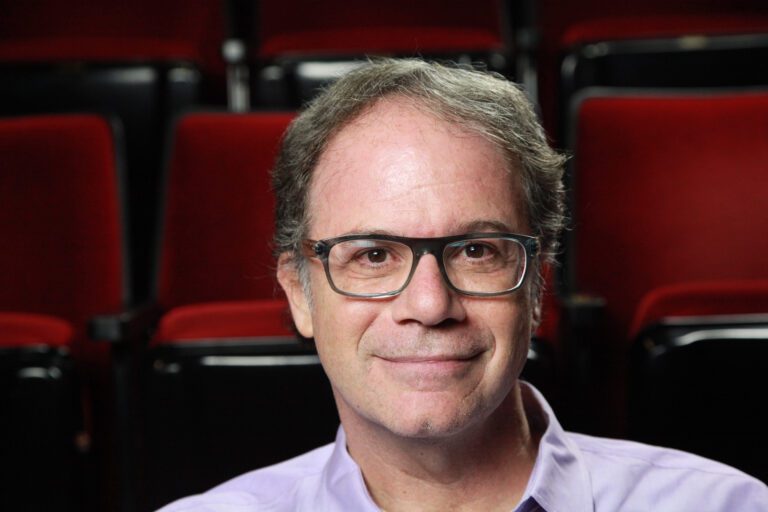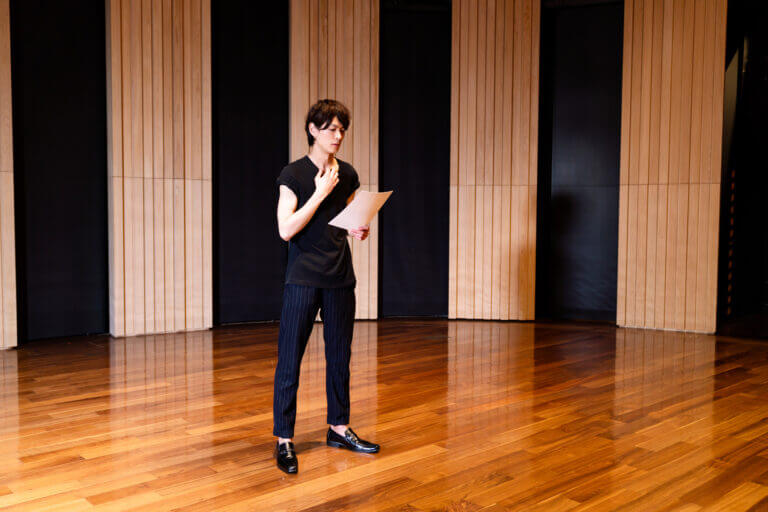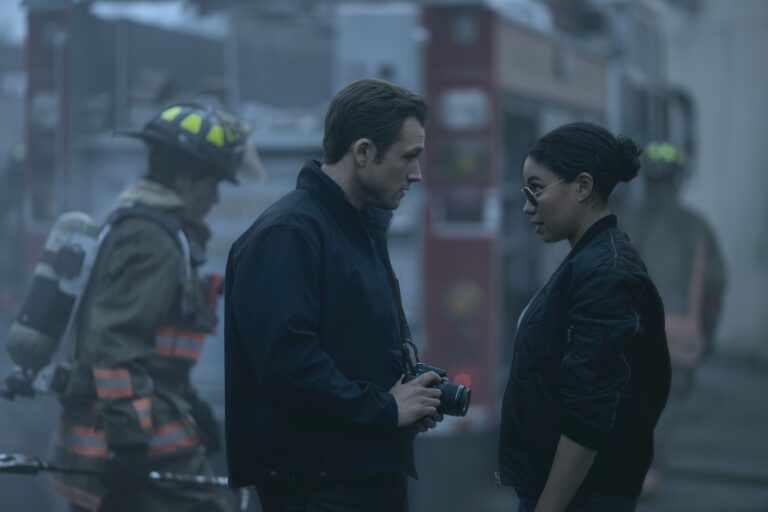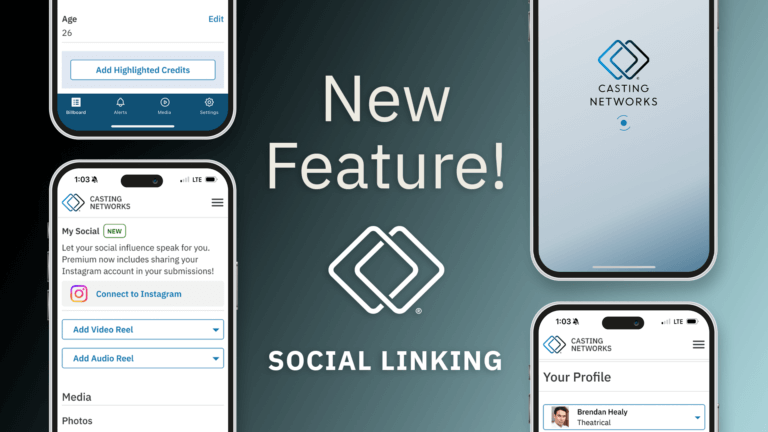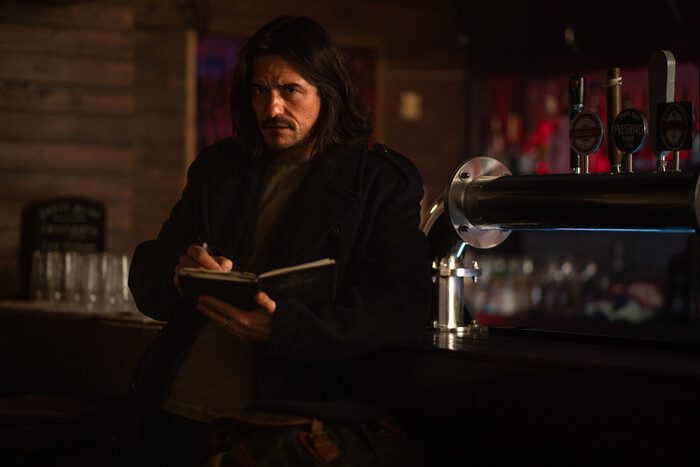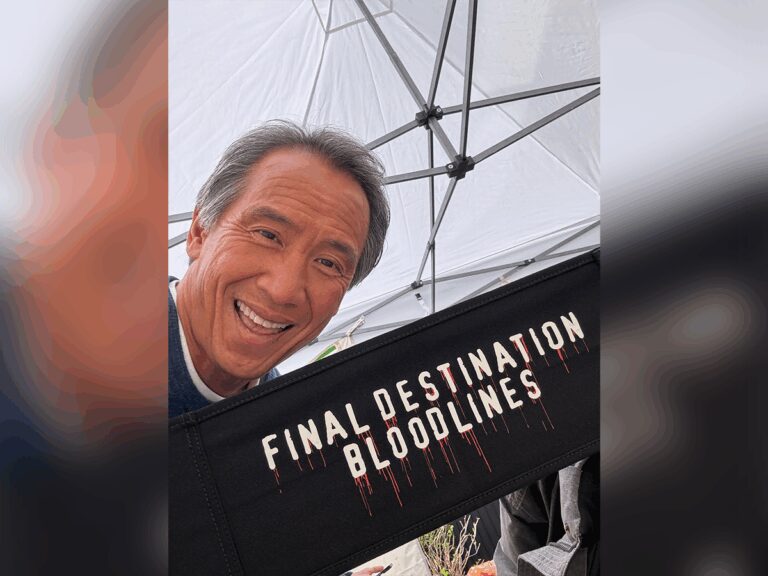As the industry strives for inclusion and to bring more diversity to the screen, many white actors may feel unsure about how to best advocate for this needed change. Most white actors don’t have the platform of Frances McDormand, whose 2018 Oscar speech included a call for inclusion riders. But they can still be allies, regardless of where they may be professionally. Casting Networks spoke with three actors of diverse racial and ethnic backgrounds to hear their perspectives on inclusion and how their fellow actors can best advocate for it.
James Tang (Brooklyn Nine-Nine and NCIS: Los Angeles)
It definitely begins with mindsets. Seeing it as not a competition is very important. I think it’s coming to the understanding that when we tell inclusive stories, it’s opening up the playing field. Like when a role goes to a person of color, it probably wasn’t written for a white actor to begin with. We’re all on the same team really, in that we all are human. For the past 100 years or so in Hollywood, white people have held the football, and now it’s like … we’re just passing to one another now. It doesn’t mean anyone’s necessarily less important.
White actors can also help push the narrative that white audiences can relate to non-white people, too. Empathy goes all ways. If someone speaks about wanting to be inclusive, does their own life reflect that? Go make friends with someone you’ve never hung out with, a person of a different ethnic or cultural background. Start from the simple stuff. Because I feel like people are sometimes, like, “Oh, I don’t want to be the one on set calling people out for cultural appropriation when that might not be my place.” But if one starts from their own life and builds from their own foundation, then I think you can easily become an authority on something or at least a very strong ally by having the knowledge or understanding of why something could be offensive. Or why something is a “no-no.”
Ryan Stroud (The Bold and the Beautiful and 9-1-1)
I feel like [white actors] can just be more open to other races being in more roles. Everybody can play different roles. However, not everybody has the talent. People will say, “Well, what’s your brand?” And I’ll quote Denzel Washington. He said, “Your brand is being good.” If the actor is talented, and they may not be Caucasian, give them the opportunity. Like in Spider-man: Homecoming, most of the characters that we’re used to seeing as Caucasian they had as all kinds of races. I know at first when people saw it, they were like, “Wait a minute. That’s Flash [Thompson]? He’s supposed to be Caucasian.” But people just learn to accept it, and that’s how we do it.
They are giving a lot more platforms to African-American filmmakers as well as on-camera artists. They’ve done a few Netflix shows based off of African-Americans being in situations because of their color and having hardships. I feel that Hollywood is doing inclusion by showing that, and I guess, in a way, getting sympathy for what happens to the African-American community. And honestly, I don’t agree with that, per se. We have so many other stories to tell besides those times when something happens to us and we don’t get the proper justice. We know that happens every day. It even happens to me a lot of time at work … and after a long day of that already happening, I don’t want to watch it on television. I’d like to be entertained. I’d like to be a superhero for two and a half hours or solve a mystery for an hour and a half. You know? Something fun.
Juan Carlos Flores (Viva High School Musical and Tales of the Walking Dead)
I feel like I’ve actually been the recipient of inclusion in a lot of ways. I’ve done a lot of movies and telenovelas, and for most of them, I was not what they were looking for, physically or ethnically. The casting director or the writer or the creator would tell me, “You’re not what we were expecting, but you changed our minds.” And that’s beautiful. I think as an actor, it’s the best compliment. They let me play their roles and live their stories even when I wasn’t the image they had in mind.
It’s just sometimes, the label thing is a little … Just don’t do it. I have [acting] classes on Tuesdays, and people are like, “You’re the Latino version of Johnny Depp.” I’m like, “Thank you, but I’m going for something else. I’m going for something unique, something richer.” I know I’m Mexican. I know I have the accent. But please don’t see me as Speedy Gonzales. It can be painful at some point. It’s important to see beyond ethnicity. We’re all artists.
Tang, Stroud and Flores point the way for fellow white actors toward being the best allies for inclusion they can be in Hollywood. As Tang notes, people can start by incorporating diversity into their personal lives. Stroud, meanwhile, underscores the importance of advocating for casting choices being made on talent instead of race, which means opening up roles traditionally played by white actors. Cautioning actors to avoid labeling one another based on their ethnic backgrounds, Flores reminds us that, regardless of heritage, every person who falls under the category of “actor” shares a universal identify through a love for and pursuit of the craft.
– All interviews were conducted in 2019.
Looking to get your big break? Sign up or login to Casting Networks and land your next acting role today!
Related articles:
Empowering Women in Arts and Entertainment in Partnership with TIME’S UP Foundation, featuring Kulap Vilaysack and SuChin Pak
From ‘The Peanut Butter Falcon’ to ‘Stumptown,’ Recent Wins for Inclusion
Diversity, Equity and Inclusion With Talent Agent Tiauna Jackson



